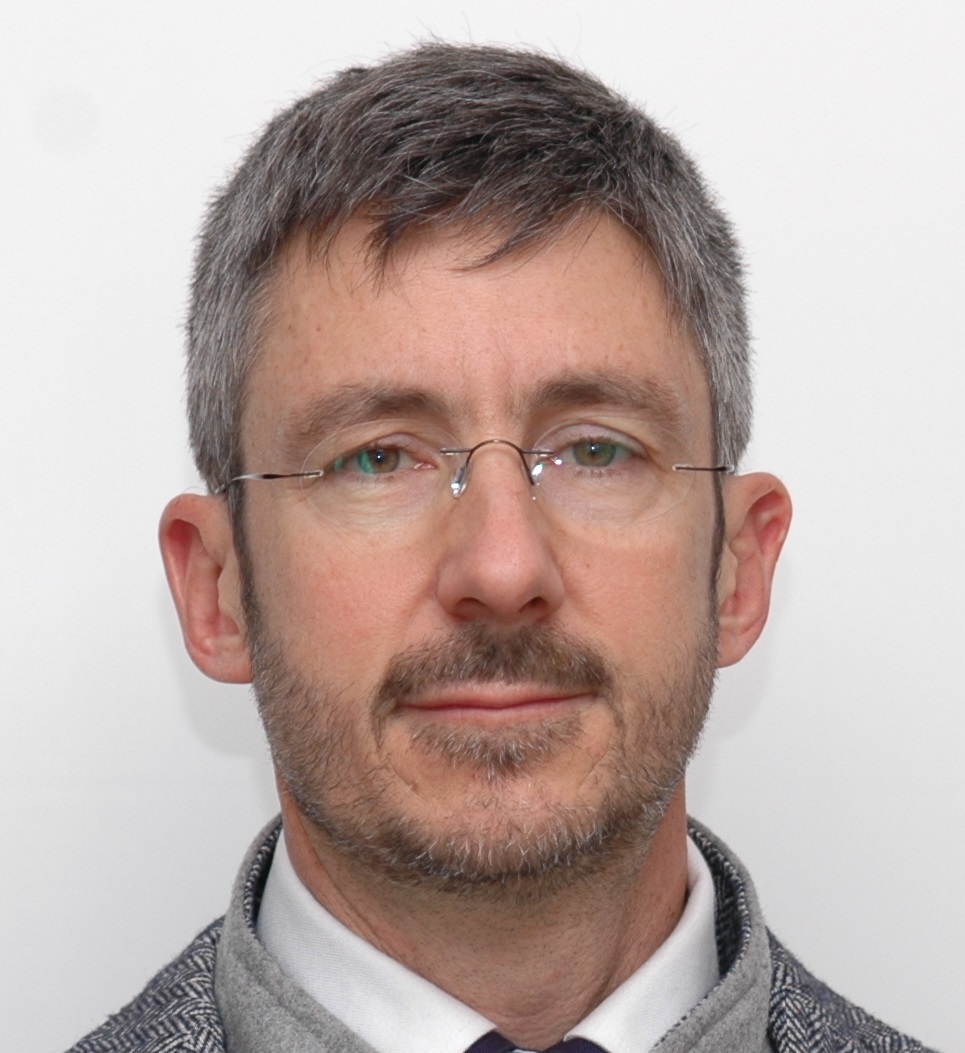11 October 2016
Interviw with... Andrea Montefusco - Professor of Practice in Organizational Behavior & Flight Leadership della Luiss Business School
Professor of Practice in Organizational Behavior & Flight Leadership della Luiss Business School
[Cleared n°8 - anno XIII - September 2016]
Professor of Practice in Organizational Behavior & Flight Leadership della Luiss Business School
[Cleared n°8 - anno XIII - September 2016]

Professor Montefusco, you taught for many years at the Bocconi SDA and you currently hold a Practice Management Professorship with the LUISS Business School. How did you come into contact with ENAV?
Back In 1997, at a conference on “People-technology interaction in complex contexts”, I met the air traffic controller Massimo Garbini, who I started to collaborate with. We both shared the same idea of achieving production efficiency in systems where human decisions are required, so as to ensure both efficiency and safety, without questioning the crucial role of technology. After the open discussion we had about our respective experiences, we became the forerunners of a new approach based on a logic of integration.
Our interchanges and our collaboration initiatives were regular and became particularly frequent when I received the assignment of studying complex technology-intensive contexts from the Bocconi University. I have also had the opportunity of coming into contact with so many controllers, and have never stopped cooperating with ENAV.
Professor Montefusco, you are particularly knowledgeable about leadership and complex businesses. What are the qualities which you feel ENAV managers should have, given that they operate in a technology-intensive organisation and in an industry that is changing faster than others?
Corporate governance currently requires two capabilities, exploitation, meaning a thoughtful and accurate use of tangible assets (technological innovations) and intangible assets (acquired knowledge), which also involves the efficient governance of business processes, and exploration , or the ability to drive the ongoing testing of alternatives to everything, the things which we currently take for granted.
In the past, managers were called upon to concentrate on efficient management, whereas leaders were in charge of encouraging change, but present studies have demonstrated that anyone with corporate responsibilities, mostly managers, should be able to integrate these skills.
Could you add some practical examples to better illustrate this concept, Professor? Keeping in mind that ENAV has just gone public.
Of course. Last month, at our University, Mark Zuckerberg met the students. When asked what qualities are needed to be successful, Mark quickly answered without even thinking: “Firstly, to recognise that success belongs to a team and in your team there are people who are better than you”. This is why I would suggest that ENAV recognises that this is no longer the time when leadership belongs to a hero pointing the way to the rest of the world; leadership is rather a social phenomenon and, therefore, in ENAV and in all other complex businesses, ‘to be in the lead’ means to facilitate the emergence of leadership skills that can dialectically and purposefully integrate different visions and mindsets.
Mark then continued: “Secondly, to have an idea about where you want to lead the world” – this is exactly what leadership should do, i.e. to favour an ongoing exchange of different ideas about “where to lead the world”, and these ideas originate from the various levels of an organisation. ‘Free flight’, as a revolutionary approach to ATC, should not be the focus of our action, we should rather aim at the ongoing correction of small “deviations” so as to encourage people to think about improvements and discuss about the efficiency or inefficiency of a procedure. Leadership should be able to constantly direct these contributions towards economic objectives and a corporate mission. Leadership is exercised at all levels of a business.
The third point too seems interesting to me: “to insist on a daily basis”. Although it may seem trivial, our ‘Cartesian’ culture has led us to believe we are able to “automatically be leaders” with organisation and technology only; quite frequently, consulting firms and salespersons have supported this distorted view, which is totally untrue. As Mark argues, complexity requires multiple visions and alternatives or, in other words, redundancy but also leadership, in order to be able to integrate differences, while recognising their value (teamwork) and without feeling the burden of dialogues, discussions, divergences and feedback (persistence). As regards feedback, indeed it involves, as a prerequisite, our preparedness to learn from errors. Only leadership that involves recognising success and failures as part of the process and learning from failures is a mature type of leadership for a true organisation, rather than using heroes as models.
As a last, no less important, point I would like to mention “curiosity and passion” for two things. Firstly, genuine love for ENAV’s core business, i.e. to make airspace fluid, efficient and safe; secondly, passion for technology, combined with the awareness that future challenges will arise from the need to integrate ENAV’s role with human actions and decisions in a new, different way.


